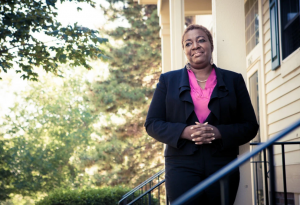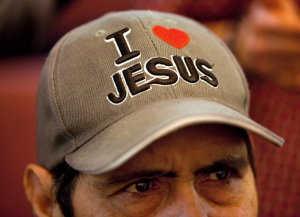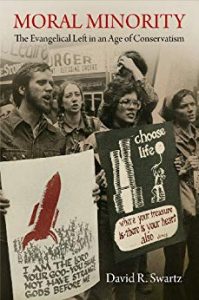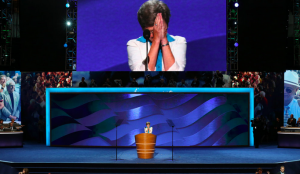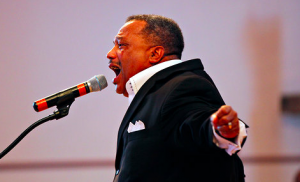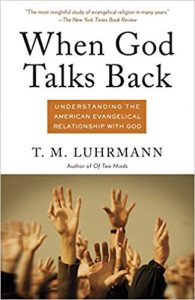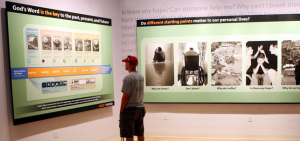By Molly Worthen
WHEN most liberals hear the words “third party,” they have nasty flashbacks to Ralph Nader’s spoiler campaign in 2000. The history buffs among them might think of the populist Greenback Party’s feckless protests against the gold standard in the 19th century or the five presidential campaigns of the Socialist Eugene V. Debs — the last of which, in 1920, he ran from prison.
Third parties seem out of touch with reality, the refuge of idealists with dreams too fragile for the trenches of major party politics. But Democratic skeptics, at least, shouldn’t be too quick to judge. One state is now on the way to single-payer health care, and a third party deserves much of the credit.
Three years ago, Peter Shumlin, the governor of Vermont, signed a bill creating Green Mountain Care: a single-payer system in which, if all goes according to plan, the state will regulate doctors’ fees and cover Vermonters’ medical bills. Mr. Shumlin is a Democrat, and the bill’s passage is a credit to his party. Yet a small upstart spent years building support for reform and nudging the Democrats left: the Vermont Progressive Party. The Progressives owe much of their success to the oddities of Vermont politics. But their example offers hope that the most frustrating dimensions of our political culture can change, despite obstacles with deep roots in American history.
Image credit: Alexander Glandien


